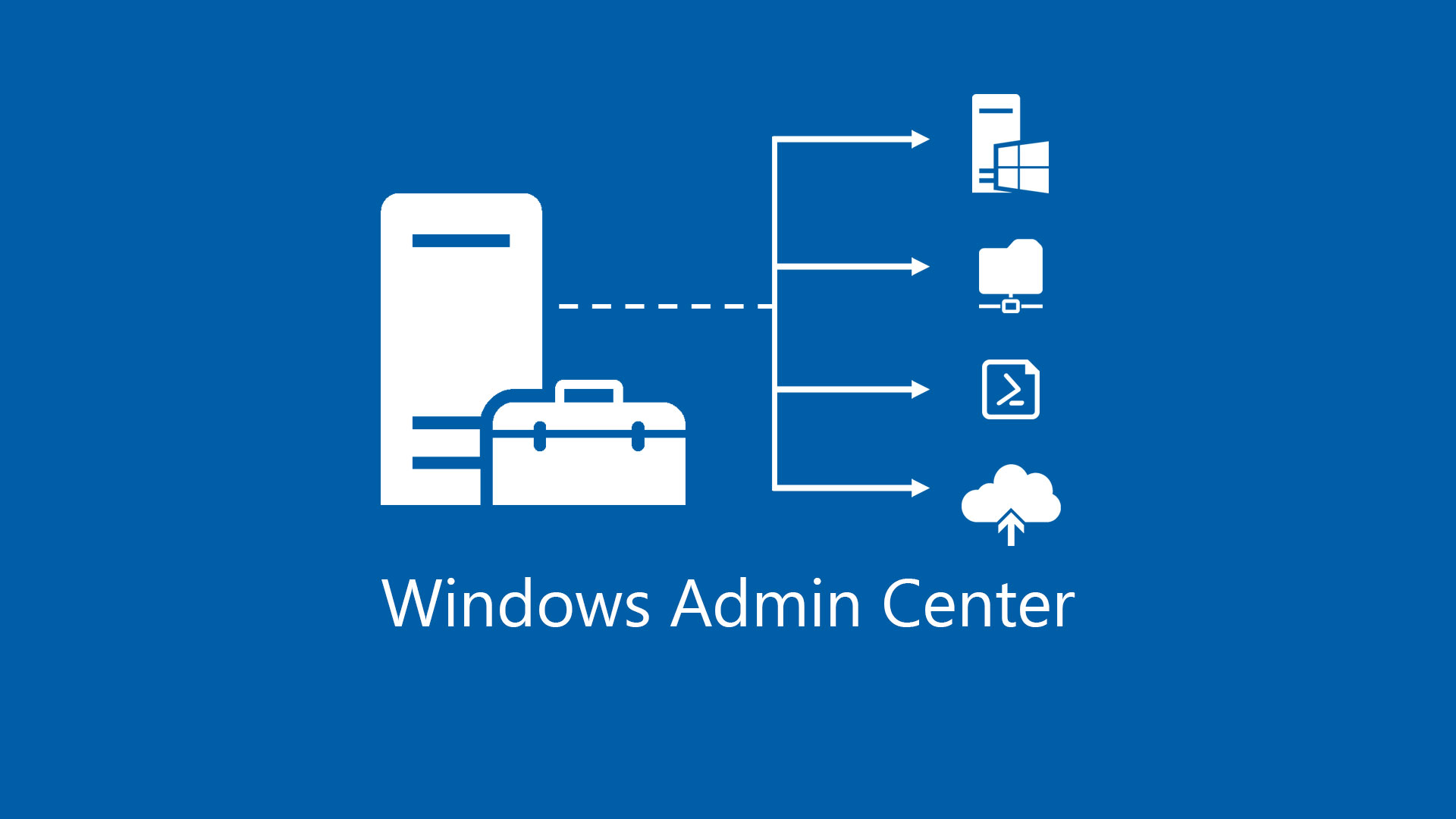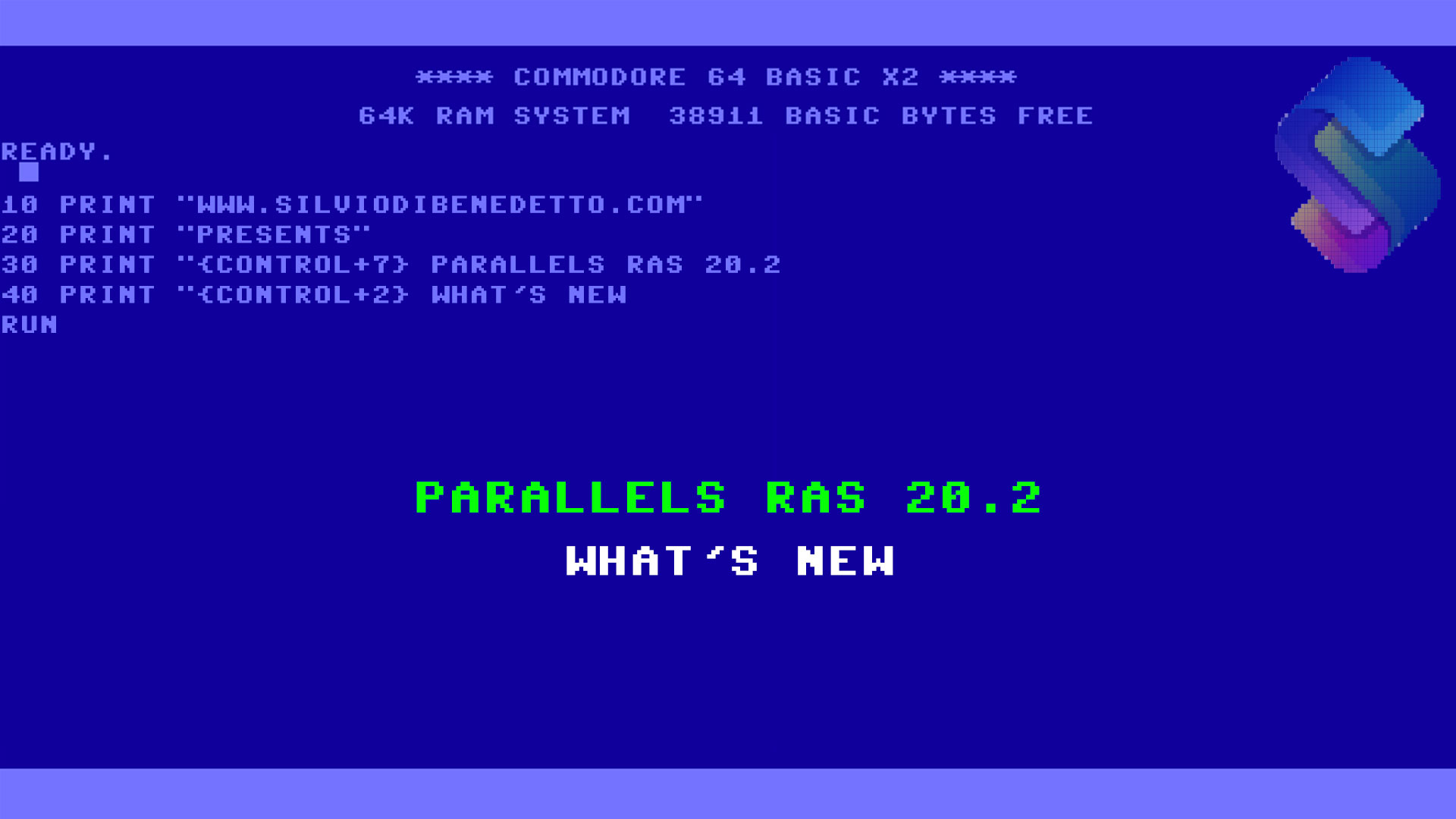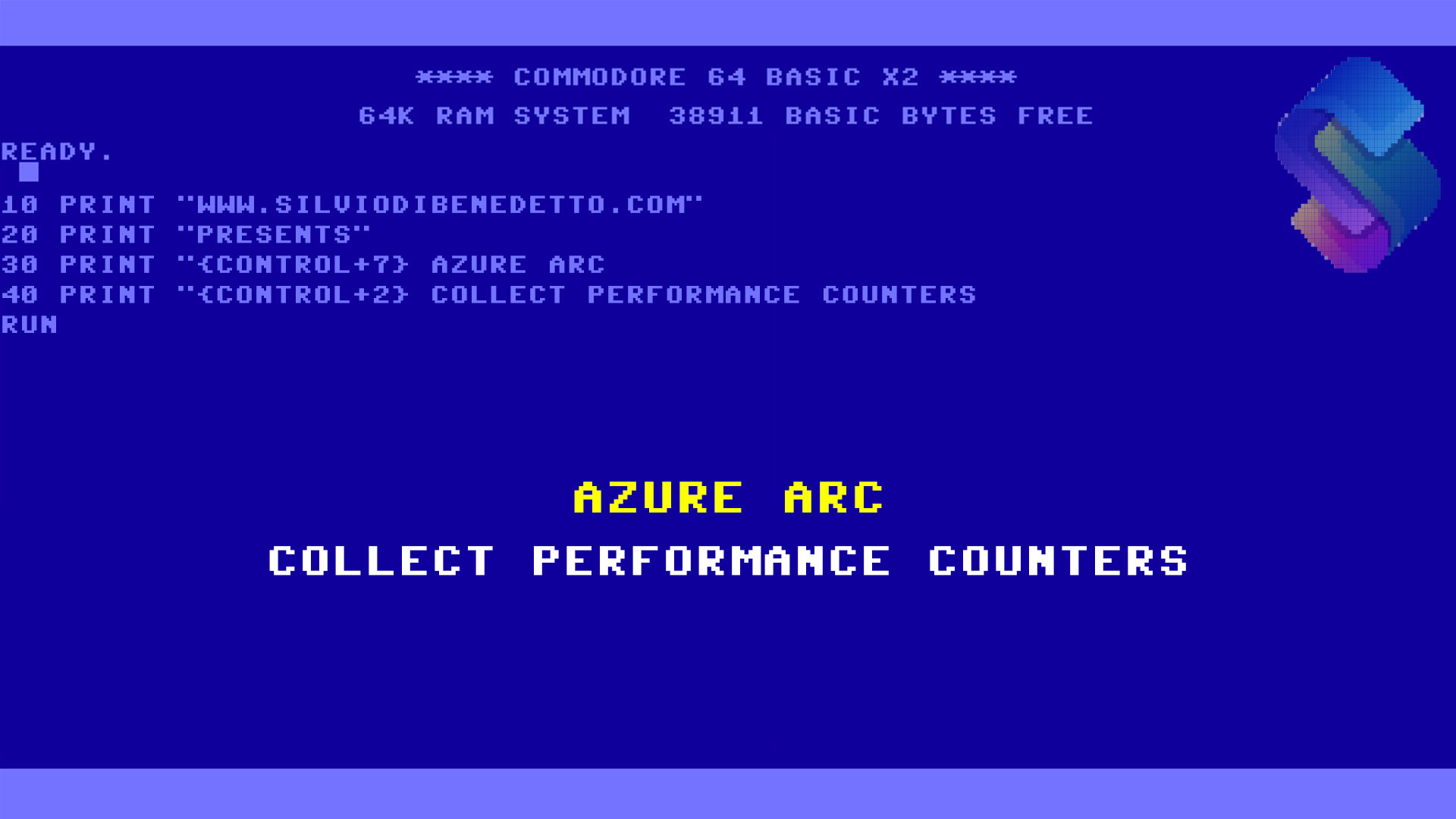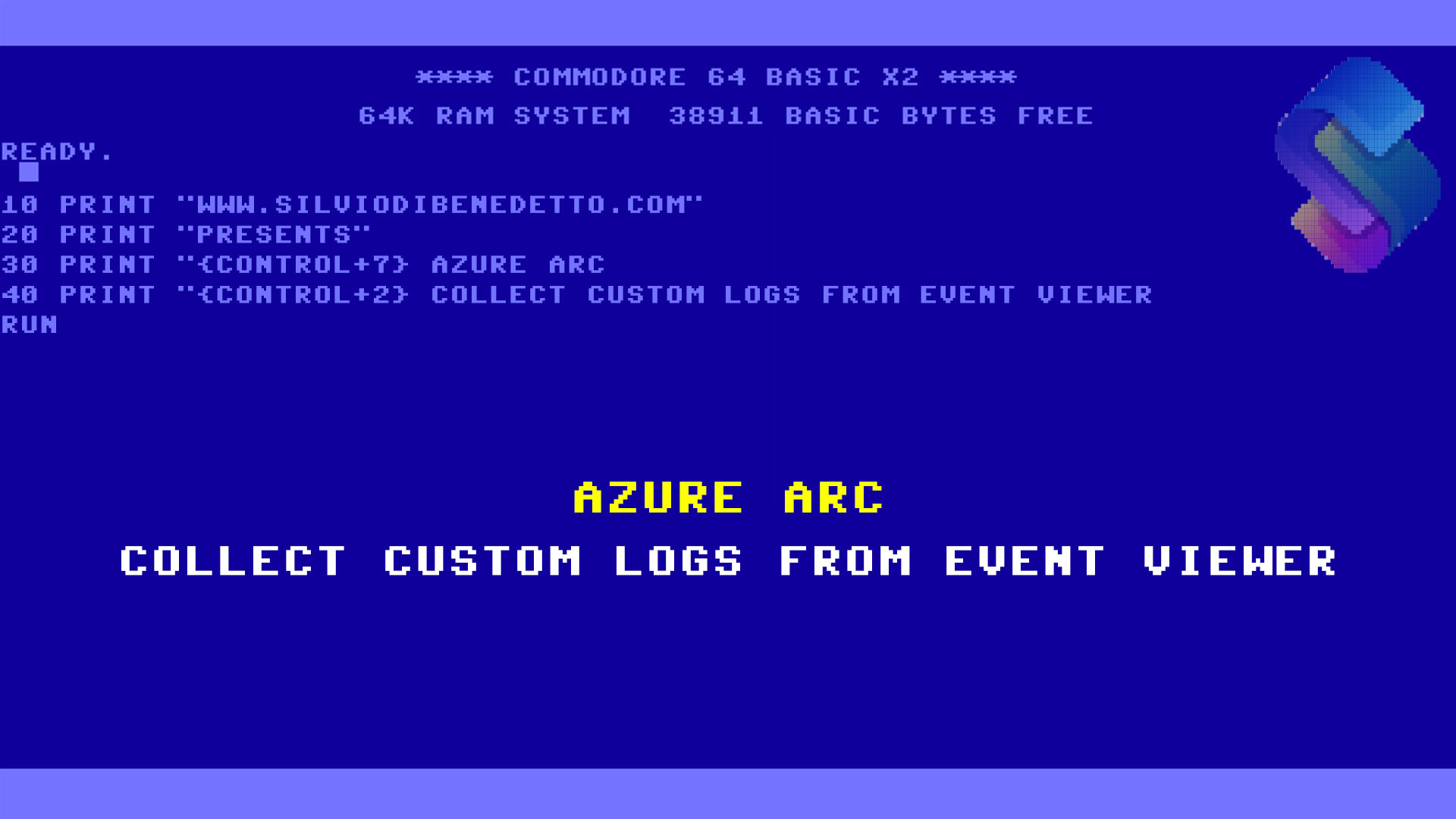New chapter about Windows Admin Center and today I want show you how to integrate the new HPE Server extension in few minutes.
Windows Admin Center, as you know, is the new HTML5 console that provide a full control of your infrastructure. Is faster, is full integrated with Microsoft Azure and provides many features not available into legacy consoles of Windows Server.
One of the big plus is the possibility to extend the product with several extensions, provided by third part vendors or from community. I like the Configuration Manager extension as well as the solution to manage servers and storage like HPE; about this vendor there are three different packages avaiable:
- HPE Server / Azure Stack HCI
- HPE OpenView
- HPE Storage
Why the Extension?
The integration between WAC and the vendor’s extension allows you to keep under control your servers in one single place without use other solutions; everything you need about status, information and topology are available in the same portal where you manage virtual and physical servers. This is not enough because with next generation of Azure Stack HCI you will be able to manage the update lifecycle of infrastructure like firmware, drivers and updates.
Deploy HPE Server / Azure Stack HCI
Before install the extension in Windows Admin Center is necessary install the HPESysInfoCmdlets PowerShell module in each physical server.
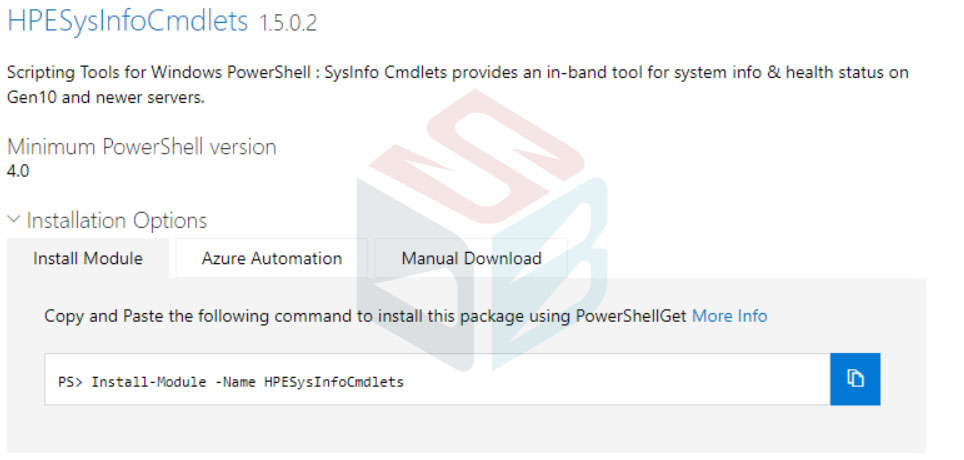
If you have different servers, it is possible use this script:
$HyperVHost = Get-ADComputer -Filter * -SearchBase “OU=Servers Host,OU=Milano,DC=insidetech,DC=local”
$CmdNet = {Install-Module -Name HPESysInfoCmdlets}
Invoke-Command -ComputerName $HyperVHost -Command $CmdNet
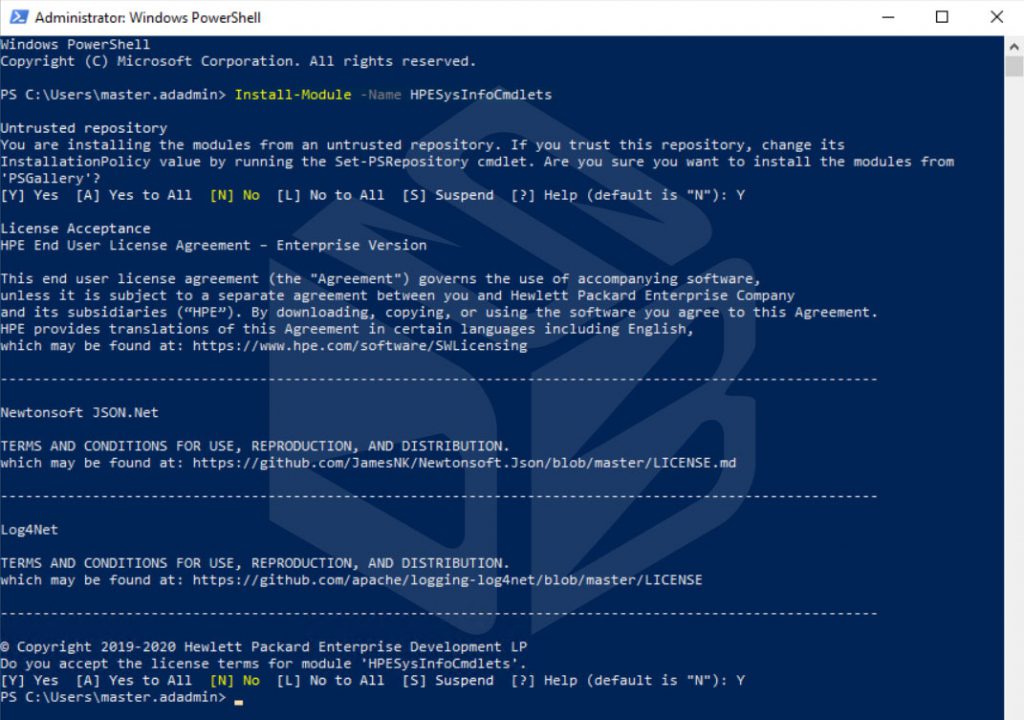
In case you receive and error about PowerShellGet version, run these tasks:
- Open PowerShell in Admin Mode and run the cmdlet [Net.ServicePointManager]::SecurityProtocol = [Net.SecurityProtocolType]::Tls12
- Run the cmdlet Install-Module -Name PowerShellGet -RequiredVersion 2.2.5 -Force
- Close and run again PowerShell in Admin Mode
- Open Windows Explorer into folder C:\Program Files\WindowsPowerShell\Modules\PowerShellGet
- Remove the folder 1.0.0.1
- Run the cmdlet Install-Module -Name HPESysInfoCmdlets again
When the module is installed in each server, go to into Extension area of Windows Admin Center and select HPE Server and Azure Stack HCI Extensions – figure 3.

After few seconds the package will be installed in WAC. The PowerShell module will monitor the status of your machines without install any kind of agent. The extension is available in each server as showed in figure 4.
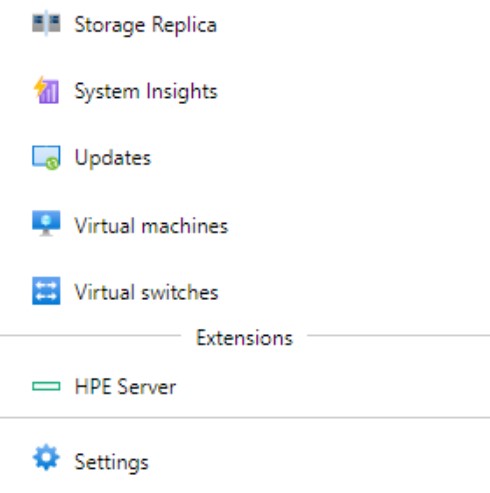
Health Summary
For a standalone server you receive some information about status of hardware but also iLO firmware and other components.
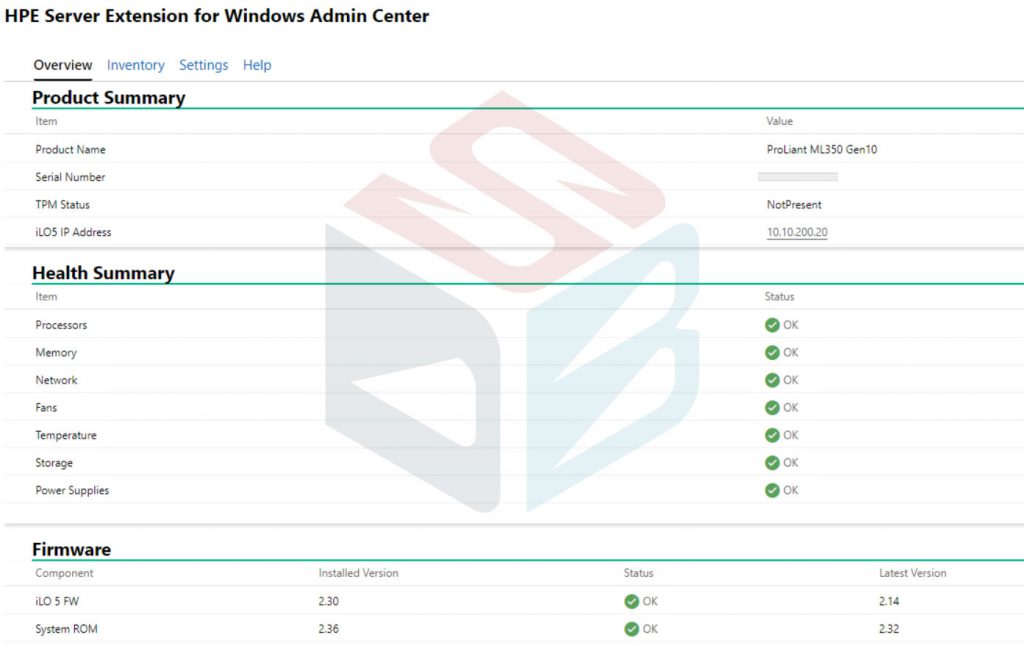
The great part is with Azure Stack HCI where the extension provides many cool information about the configuration, like storage configuration and topology configuration.
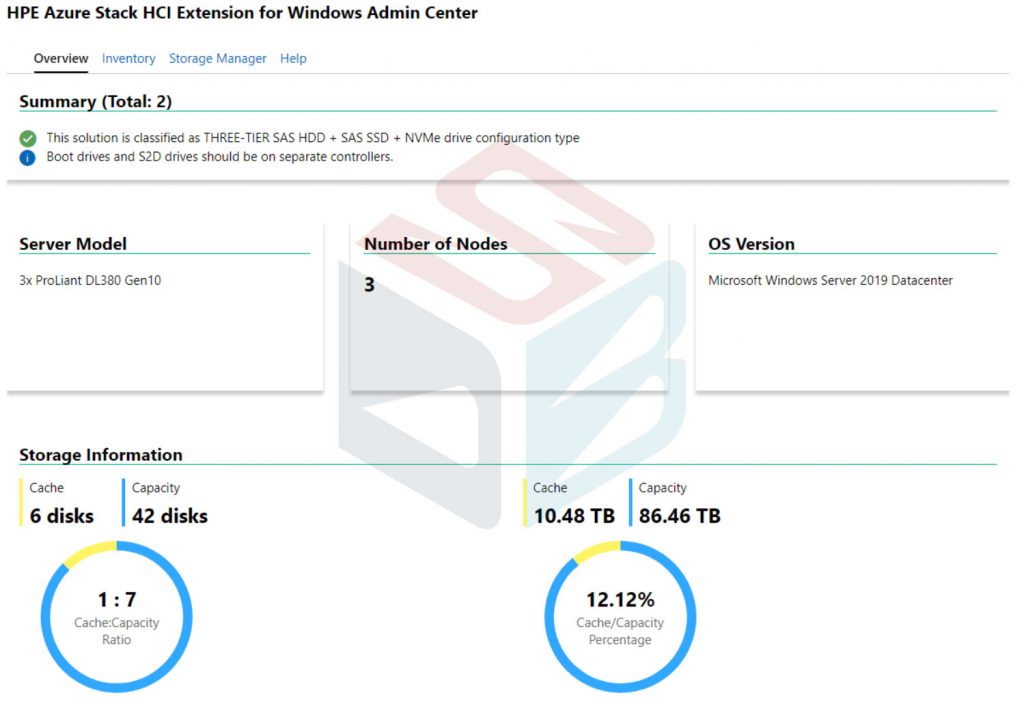
About storage, there’s also the possibility to view the configuration of each disk cage, with status and information of each single disk…very cool when you need to identity which disk replace.
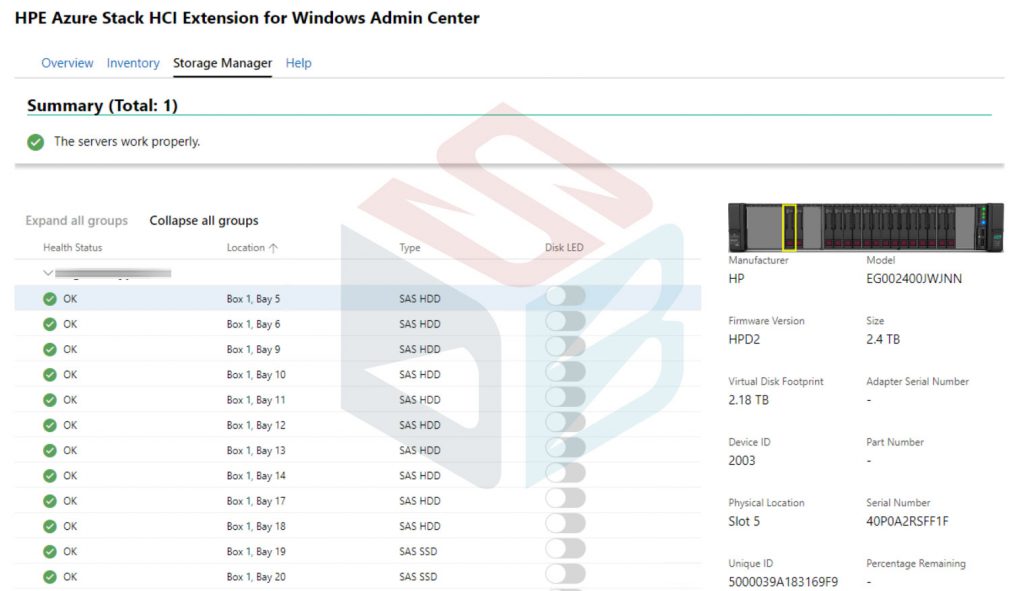
Conclusions
The extensions in Windows Admin Center are very useful and the new HPE solution is perfect to centralize management. The good news is that new updates are coming so we must expect new capabilities and new features for our servers.
Get Started
Download WAC at this link aka.ms/WindowsAdminCenter.
#DBS


